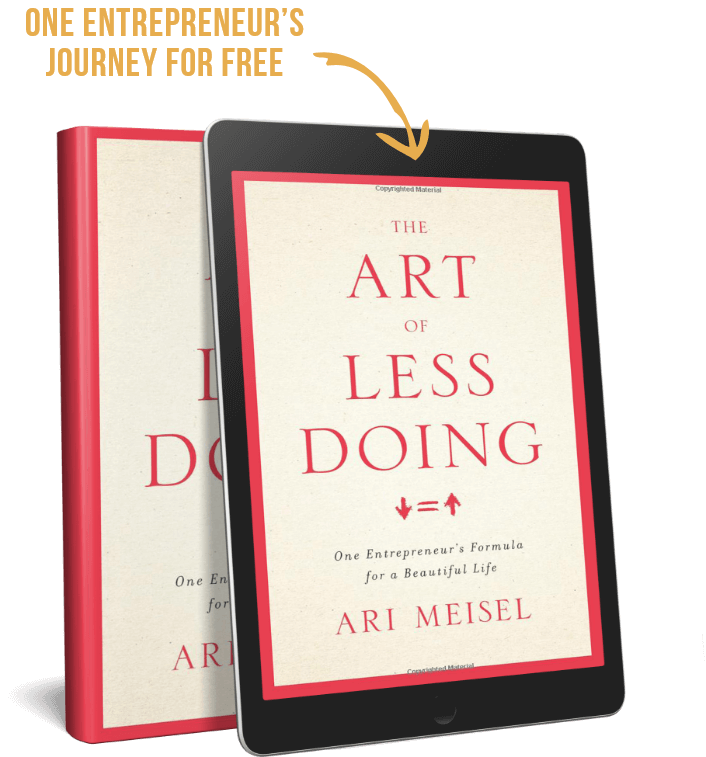Access without information and instruction is painful, and totally unproductive. But if you document the process, the problem disappears.
I travel a lot, and I’ve noticed something pretty interesting over the years: hotel reviews are almost never accurate. Very often when I’m looking up a hotel to stay in, I find myself a bit nervous after reading the reviews — the shower is slow, the lobby smells, the security guy makes weird noises, the cutlery is dirty.
And every single time those fears turn out to be unwarranted.
You see, one of the unfortunate byproducts of the information age (and the internet), is that we’ve commoditized (and militarized) an age old human tradition: whining. To complain is a very human thing to do — unfortunately, the internet has allowed what would otherwise be fleeting methods of vented frustration to be immortalized.
The same exists for software — scroll through G2Crowd for any piece of software you use, and you’ll find a shocking number of people for whom it was an absolutely abhorrent experience. Tools which form the backbone of your work and productivity, others found completely useless.
How exactly does this split happen? It’s a problem I like to call access without information.
If you really think about it, the amount of tools we use on a day to day basis is astounding. With the boom of SaaS apps in the last half a decade, every professional has their own toolkit. At Less Doing, our big two are Trello and Airtable.
The issue is, there’s very little onboarding on these tools. Imagine being a blacksmith and you just start hammering away on your first day — you’d probably leave a bad review for that hammer on G2crowd too, wouldn’t you?
Because the cloud has made software so simple to access, the typical onboarding & training you see with enterprise software doesn’t exist anymore. So pretty often, new employees for example might jump into a tool and start using it in completely the wrong way, leading to bad process and a poor experience.
The funny thing about this is it’s easily fixable. There’s usually one or two simple adjustments that make the difference between a bad experience and lifelong software loyalty.
I’ll give you an example. I was reading in a Google Groups thread a while ago of a guy who was complaining that Gmail doesn’t have a way of keeping evergreen content — that it was easy to lose important information. He was requesting a “pinned emails” feature, where you could denote extra important emails and have quick access to them whenever.
If you haven’t caught on yet, Gmail already has this feature — starred emails.
You see, the guy was using starred emails sort of like a to-do list — in the morning he would star the most important emails in his inbox, and throughout the day he’d prioritize those over everything else. While it was a pretty useful way to use the stars, it wasn’t the best way, and as a result he was missing out on the most important use case of that feature.
This is a classic example of access without information.
In the workplace, this can cause a lot of process disruption and make the onboarding process for new employees particularly challenging. I’ve got two solutions I’ve found that work well: talk in assets absolutes and people absolutes.
When you’re documenting a process for instance, don’t speak on assets in relative terms — i.e, don’t say “for the next step, refer to the payroll document”. You’ve immediately added a layer of complexity for the individual… where’s the payroll document? Do I need a password? What tool do I use to get there?
Similarly, referring to people in an absolute sense is essential in process documentation. Never say “once you’ve finished this up, send it to Geoff at Accounting” — say something more along the lines of “send it over to the claims department in accounting”.
You see every time you speak in relative terms, you add another complexity point, which is often met by resistance. While a good employee might ask about it to clear it up, often they’ll just power forward and try to figure it out themselves.
Every time this happens, it builds up “complexity debt” — and complexity debt is the biggest problem with access without information.
So, simple lessons: asset absolutes and people absolutes, and be cognizant of complexity debt. And on the employee’s side?
Ask questions.
I guarantee that you won’t just solve your own problem, you’ll be solving the same problem for a lot of your co-workers who were too embarrassed to ask.
